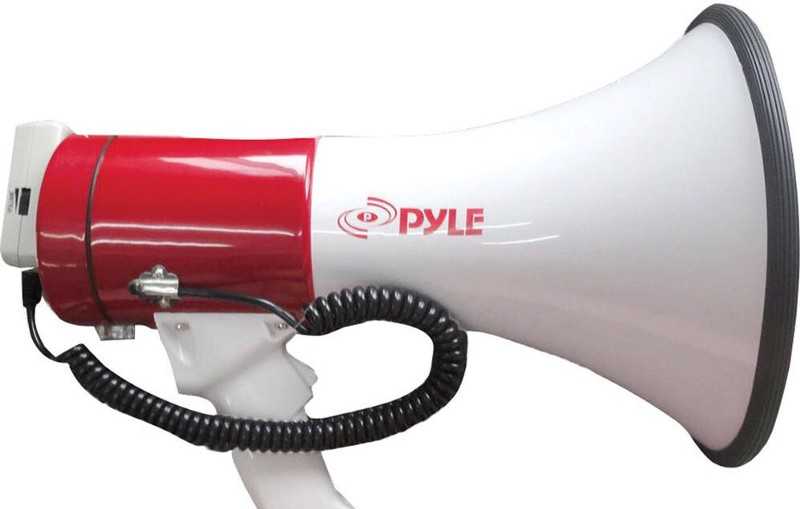Here’s a change agent tip…learned the hard way.
When advocating for something, pick one of two angles.
- The personal angle
- The company success angle And always include a next step.
Steer away from the spokesperson trap…where you attempt to channel advocacy for a broader group (unless it is actually your job to do so).
The personal angle explores impacts you can speak directly (and authentically) to: your needs, your aspirations/goals, your experiences, and your observations. Examples:
I have been losing almost 3hrs weekly due to configuration issues and a finicky staging environment. [A proposed next step].Or
I personally feel a void in terms of seeing the impact we are creating for our customers. It is important to me. [Some detailed observation from your unique vantage point]. [A proposed next step].The company success angle frames your feedback in terms of overall company success — above and beyond any particular group. Example:
Configuration issues are blocking us from providing customer value. [Some detailed observation framed in terms of company/customer impact]. [A proposed next step].Or
The company is having trouble onboarding all the new people we are hiring, and it is impacting customer outcomes by introducing bugs and slowing development. [A proposed next step].Why?
In my experience, talking about the vague/general “we” — acting as a spokesperson/conduit — is a major trigger for managers/executives. Who is we? Are you just making this up? Why is this important? Oh my god, is there a mob of discontented people out there unwilling to speak up?
At least n=1, I definitely pick up on the energy of other people. I’m eager to help them. I pattern match. But it tends to not translate when advocating for something.
Personal stories have salience. Linking it to company outcomes has salience. Observations and details matter.
